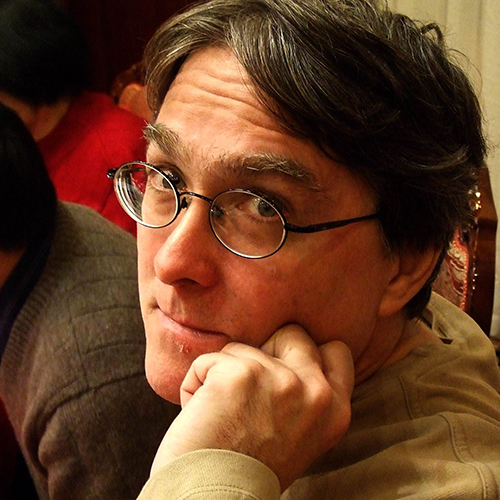Join RAS for its first combination lecture and live music performance, to celebrate the 100th anniversary of the May 4th movement and jazz in Shanghai.
This presentation by David Moser will be structured as a talk, interspersed with illustrative jazz performances by the Ah-Q Jazz Arkestra, a 5-member jazz ensemble based in Beijing.
Any student of modern Chinese history will know of the May 4th "New Culture" intellectuals and their efforts to modernize education, elevate the role of women, and overhaul the Chinese language. But little has been written about the May 4th goal of modernizing and promoting Chinese music, an agenda spearheaded by such figures as Cai Yuanpei, Zhao Yuanren, and Feng Zikai.
By the 1920s, the gramophone record, radio, film, and jazz music had transformed Shanghai nightlife ushering in the jazz age. Starting with the American musician Whitey Smith, and continuing with Chinese composer Li Jinhui, over time popular music in Shanghai was "sinified" to blend Chinese folk traditions with the rhythms and instruments of American jazz. By the time Buck Clayton (later the lead trumpet player for the Count Basie Orchestra) arrived in Shanghai in 1934, the whole city was dancing to the rhythms of sinified jazz, and eventually Buck and his band the Harlem Gentlemen learned some of these tunes and played them to Chinese audiences. Meanwhile, Li Jinhui's efforts to create sultry sinified jazz enmeshed him in political controversy, and his work was denigrated by Chinese nationalists as "yellow music."
An introduction and discussion will be moderated by Andrew Field, author of Shanghai's Dancing World: Cabaret Culture and Urban Politics, 1919–1954.

